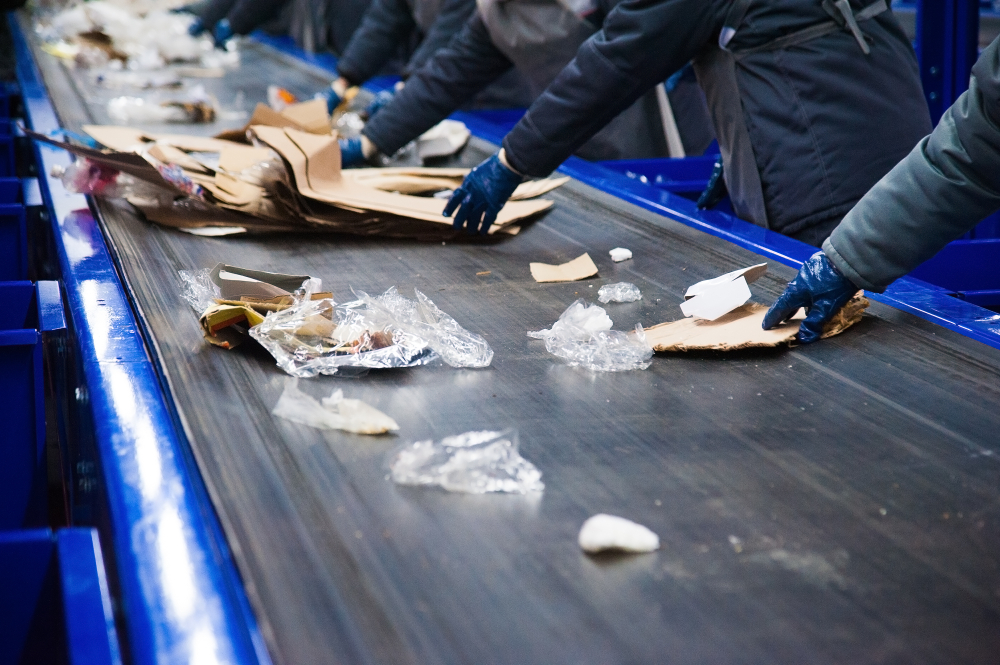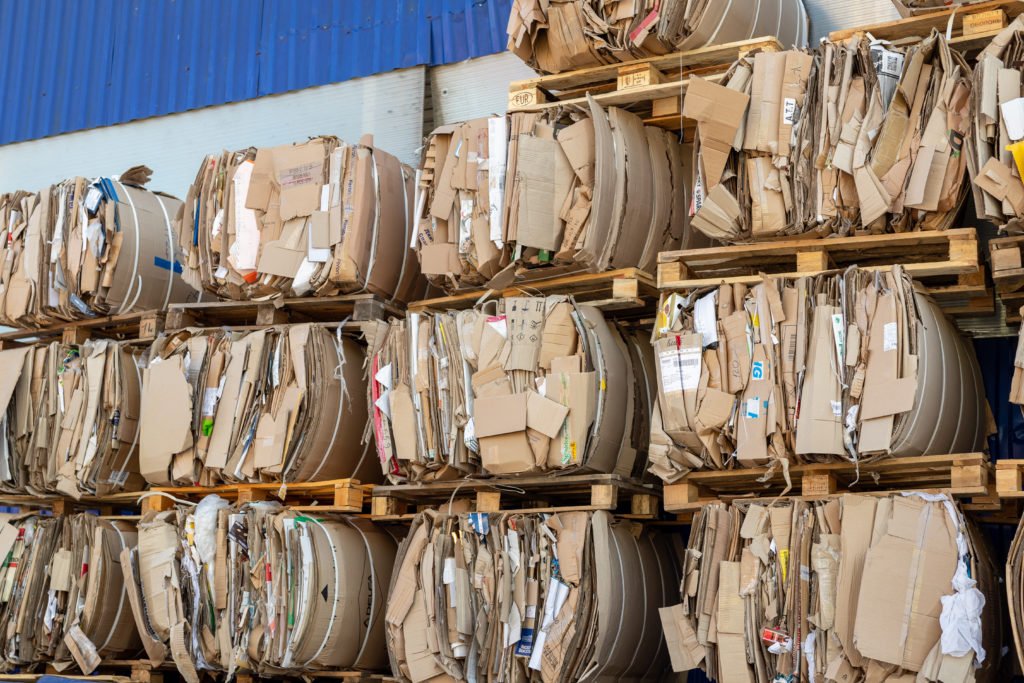And, in a stark warning about the impact of poor quality paper, the paper sector might disinvest in the UK unless the government intervenes, said the CPI.
The CPI’s fears are presented in a position paper on Consistency of Collections – Improving the quality of paper for recycling published by the CPI last week. The main thread of the paper is support for separate collection of paper for recycling (also known as waste paper) from households. It comes as the government finalises its consistency proposals.
Disinvestment
The concerns about disinvestment raised by the Swindon-based CPI – which largely represents paper mills – comes as the UK is actually seeing investment on several fronts. Current UK projects include the Eren board mill at Shotton, conversion work by Essity and the operation of a dry pulp facility in Telford by OSO. Existing UK mills are also major users of paper for recycling collected from households.
Emphasising its concerns about the poor quality of paper collected, the CPI document states: “Unless there are interventions to increase the quality of paper for recycling, there is a risk of disinvestment in the UK paper production and recycling infrastructure, coupled with an inability to sell a contaminated recycling product into global markets.”
MRFs
On materials recycling facilities (MRFs), the CPI questions the role of TEEP exemptions which can allow councils to collect material for recycling in one container. It says: “Although separate collections would ensure that MRFs are not required to process Paper for Recycling, in the event a TEEP exemption is granted the Paper Industry expects improvements in MRF operations and thorough inspections to verify MRF material sampling regimes and stated quality results. At the same time, Government should urgently review the current necessity and TEEP regime, produce official guidance and provide a standardised analysis method to ensure consistency in the results and credibility in the conclusions.”
The MRF code of conduct, which built on an initiative from the Environmental Services Association, was introduced in 2014 (see letsrecycle.com story).
Separate collections
The organisation has long championed separate collections and it’s latest paper continues that stance in the face of the looming publication of the government’s consistency proposals for local authority waste and recycling services in England. CPI members, including DS Smith (see letsrecycle.com story) have also raised concerns about what they see as poor quality material from household collections.
Separate collections would reduce public confusion about what can and cannot be recycled
The CPI says that collection methods are a key element in achieving high-quality recycling and sees little point in standardising the list of recyclables collected at kerbside “if the process then renders materials unusable by cross-contamination”.
It claims that “separate collections would reduce public confusion about what can and cannot be recycled, while delivering higher quality, higher value recyclate for local authorities, waste collectors and reprocessors. Consideration needs to be given both to what is collected and how it is collected. CPI is calling for a dual bin approach a necessary minimum requirement, allowing paper and board to be collected separately.”
And, help towards costs of the sector are sought by the CPI. It urges government to provide funding streams to support and incentivise the reprocessing of “harder-to-recycle fibre-based materials” and increase the range of fibre-based packaging UK’s paper mills can process.
Quality-focused

Dimitra Rappou, director of recycling at CPI said: “I am delighted to be able to present CPI’s new position paper on Consistency of Collections – I hope the Government will take note of the recommendations within it to create a consistent, standardised, quality-focused collection regime.
“Through the position paper CPI has emphasised that developing a Quality Culture is the only way to achieve future recycling targets whilst increasing the quality of recyclate entering the waste stream, educating citizens about the value of resources and supporting the transition to a circular, resource efficient economy.”
Related links
CPI position paper on consistency











Subscribe for free